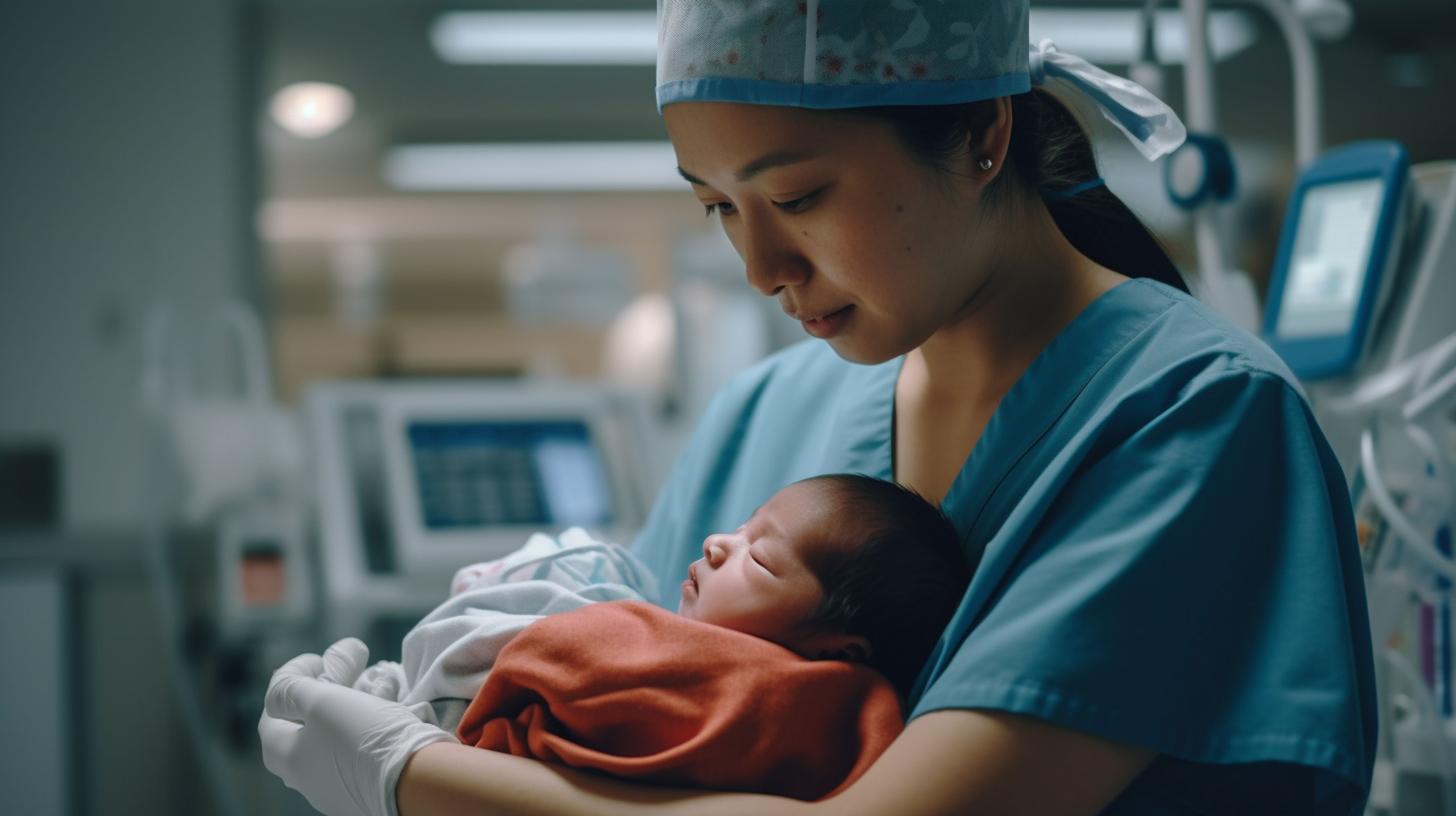maternal and neonate department
maternal and neonate department
Vision
This lab contributes to equipping advanced-stage students with the essential competencies needed to care for newborns, children, and maternal health, preparing them for practice in hospitals and the community through hands-on application with models and various tools. The lab also provides resources for skill review and enhancement across different proficiency levels and includes models illustrating various stages of pregnancy, childbirth, and neonatal care.
Mission
The Mother and Newborn Health Lab is one of the college’s essential scientific laboratories, where students are trained in foundational nursing procedures necessary for developing the skills required to care for patients. The lab is overseen by a specialized and highly experienced academic and technical team in clinical practice. In this lab, students are trained in a variety of nursing procedures, such as patient unit care and modern communication techniques between the nurse and patient as well as between the nurse and health team members. Students also learn basic infection prevention measures in healthcare settings, including proper handwashing techniques (both routine and surgical) and infection control practices using appropriate personal protective equipment (e.g., gloves, gowns, masks, face shields, head covers, and shoe covers).
Objectives
1- Provide medical services to ill citizens through various outpatient clinics managed by specialized doctors and supported by nursing graduates of the college. 2- Train students on how to measure patients' vital signs, including body temperature, blood pressure, respiratory rate, heart rate, and more. 3- Teach students how to document nursing procedures and observations in the patient’s record. 4- Prepare highly qualified personnel capable of handling all relevant aspects of the field, especially the use of modern scientific and laboratory techniques and keeping pace with global advancements. 5- Advance research techniques in the field of medical laboratories and encourage scientific research in this area. 6- Continuously update theoretical curricula and practical applications used in both undergraduate and graduate studies within the college.
